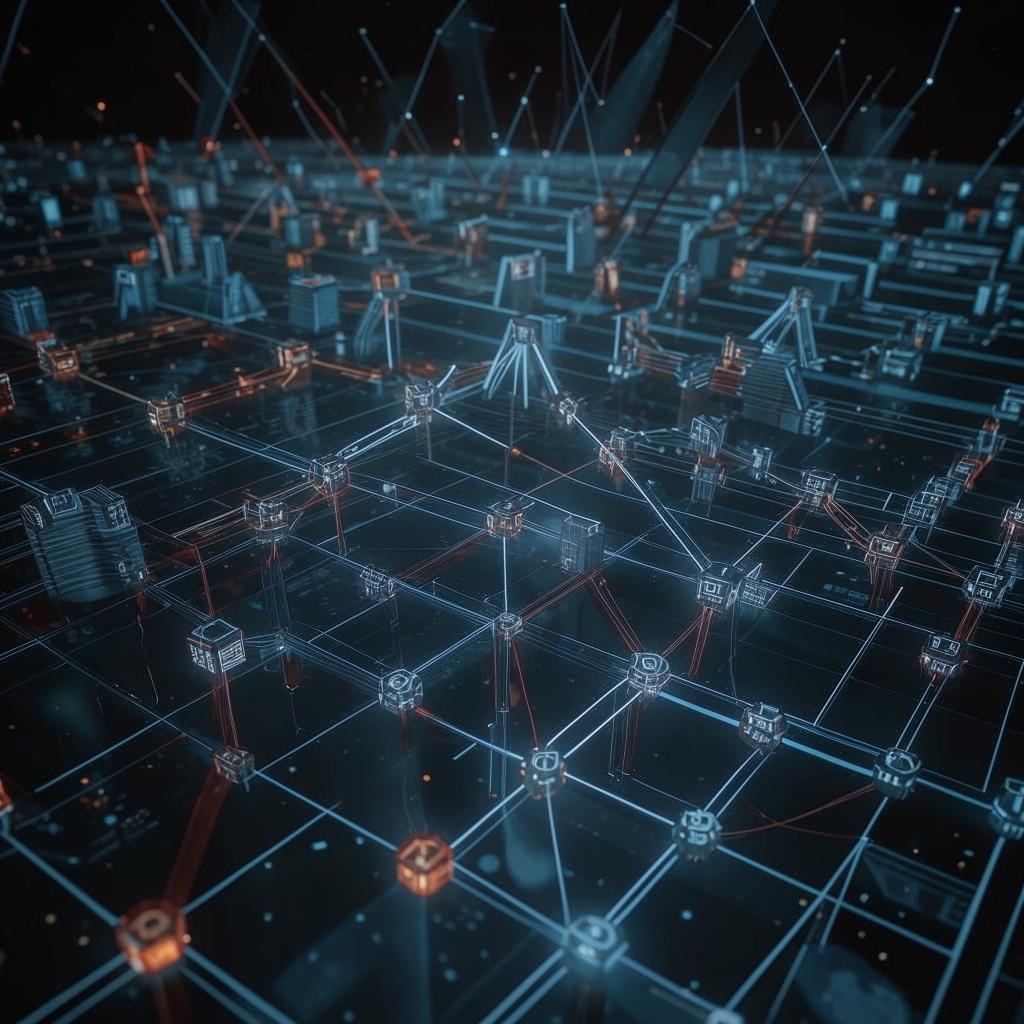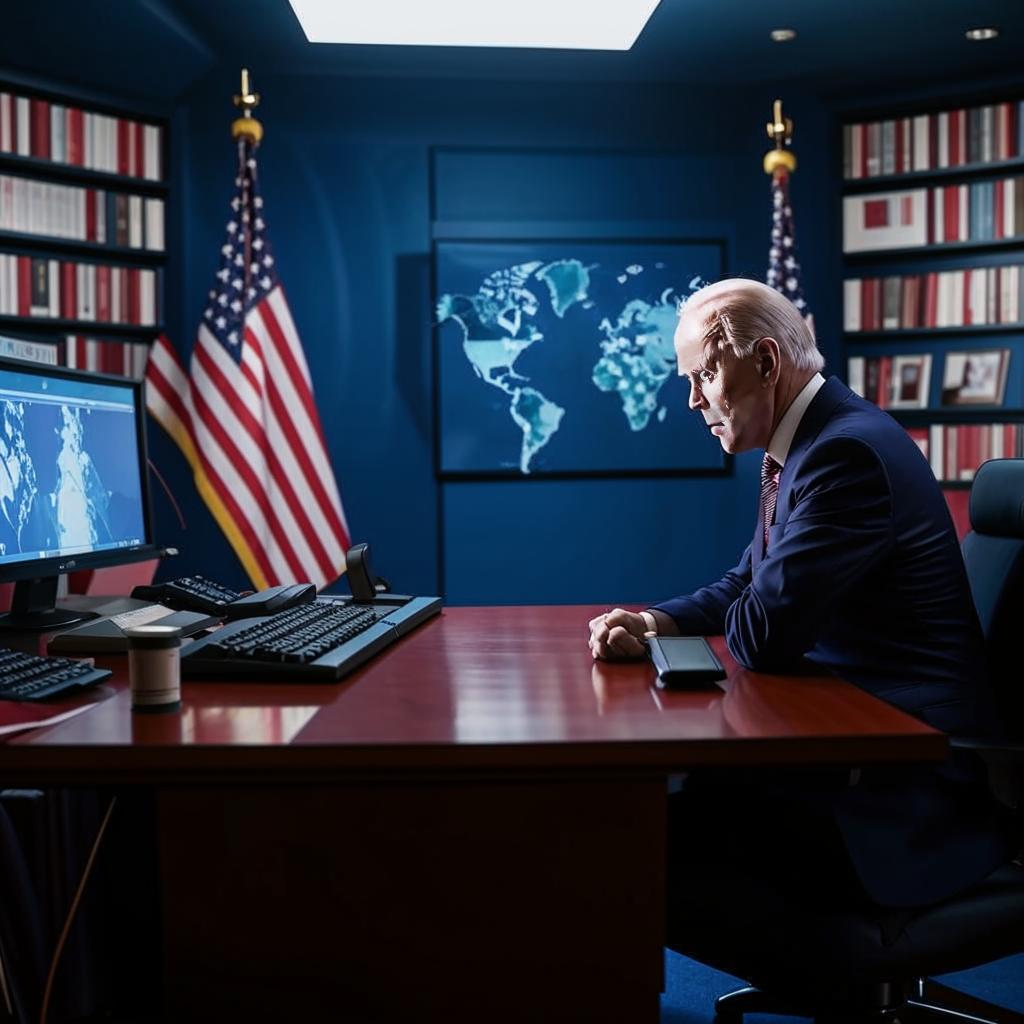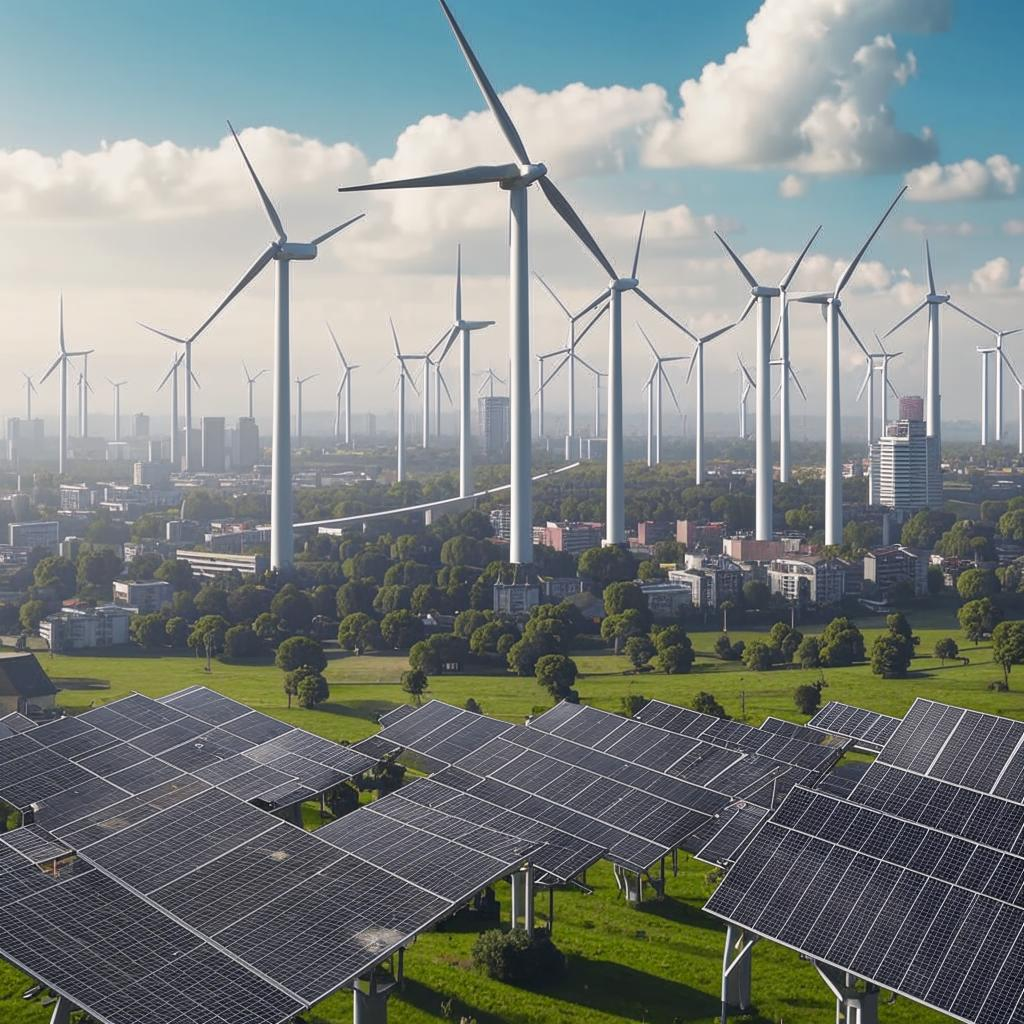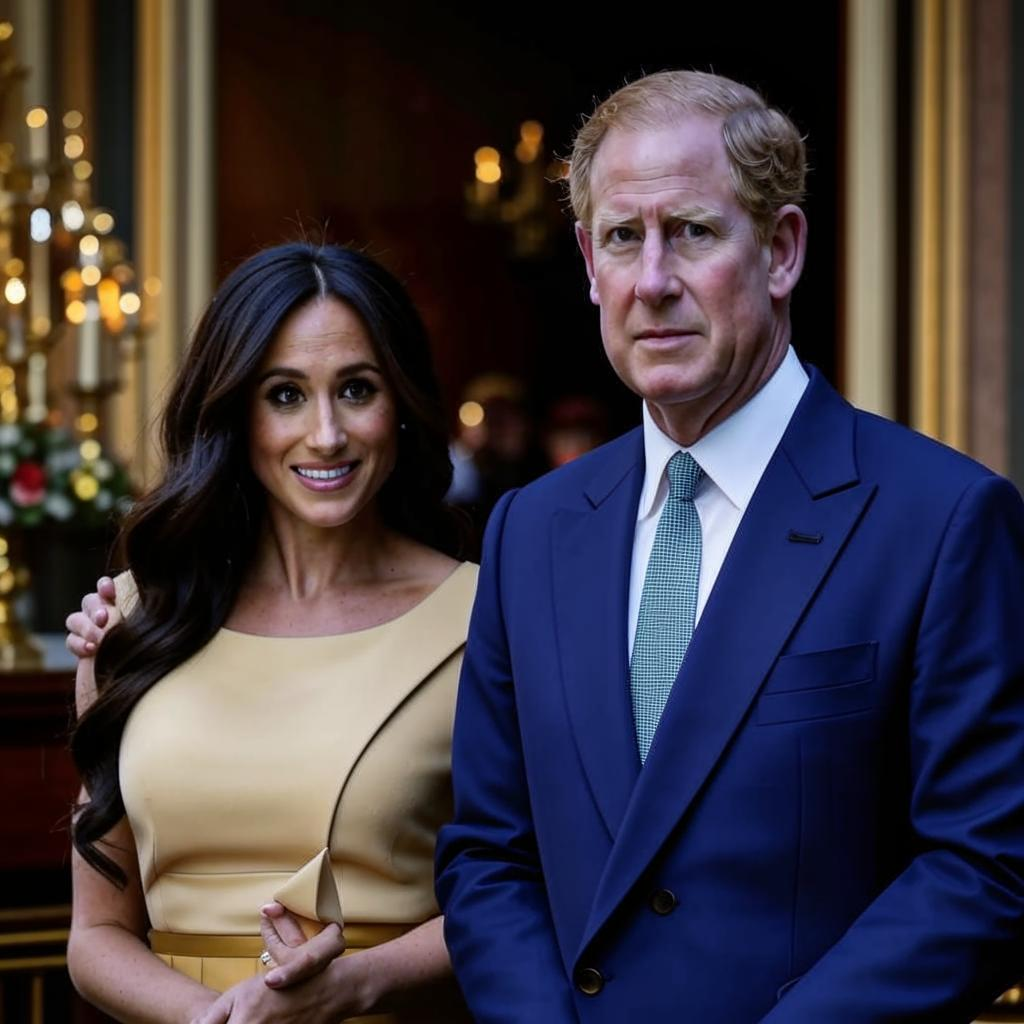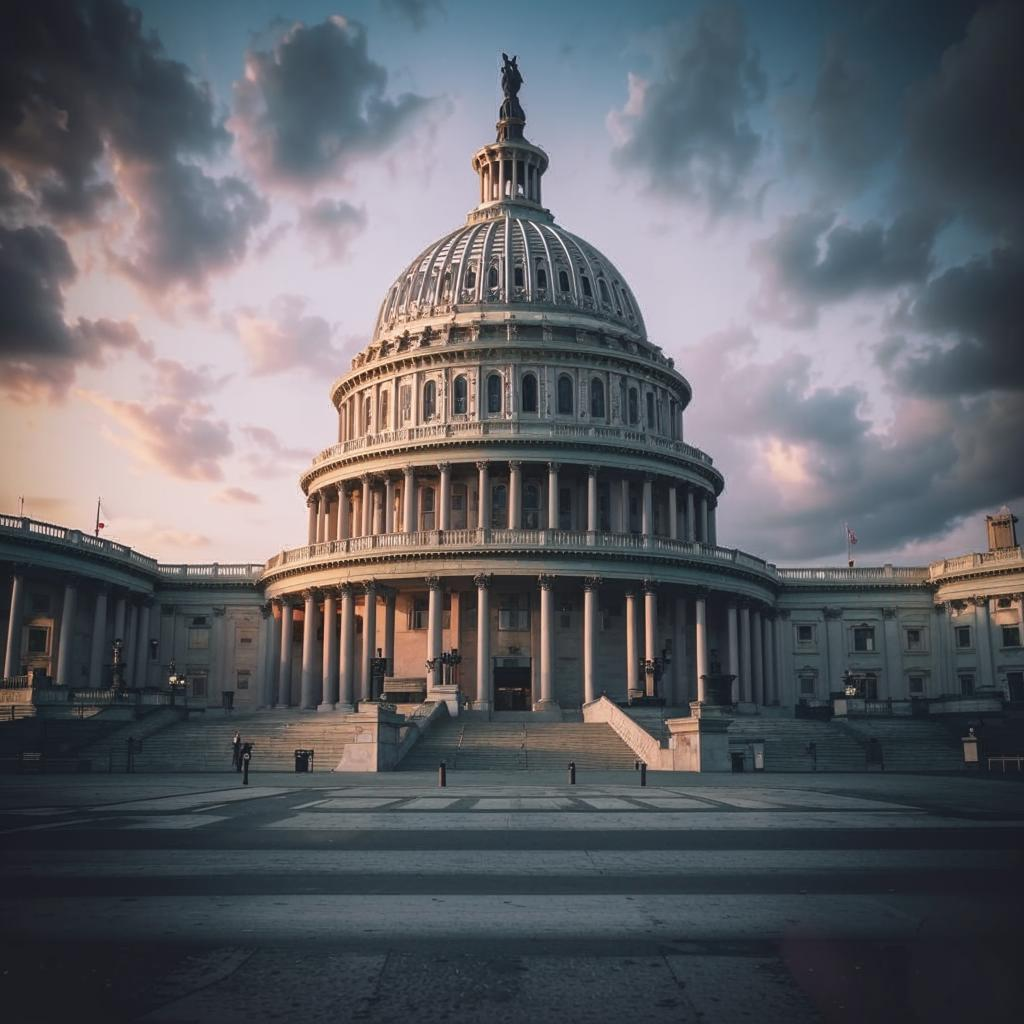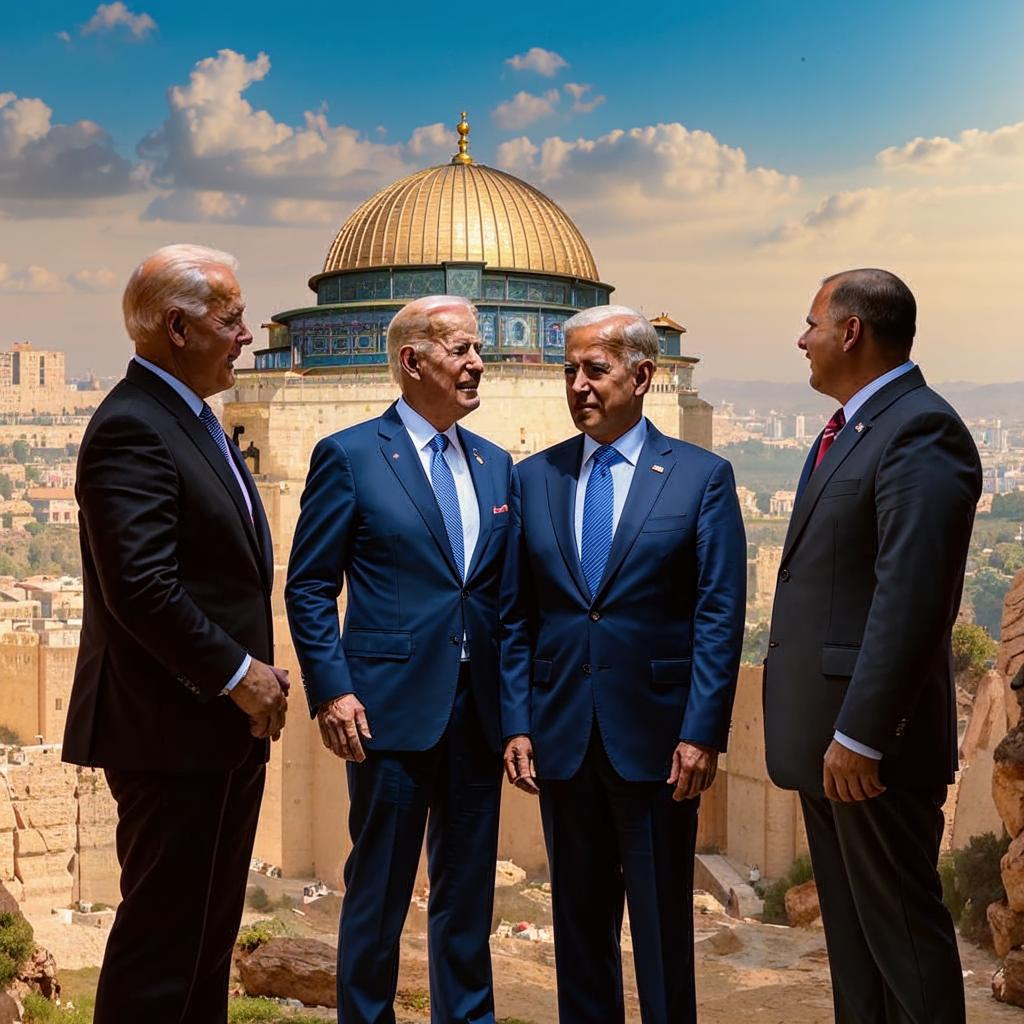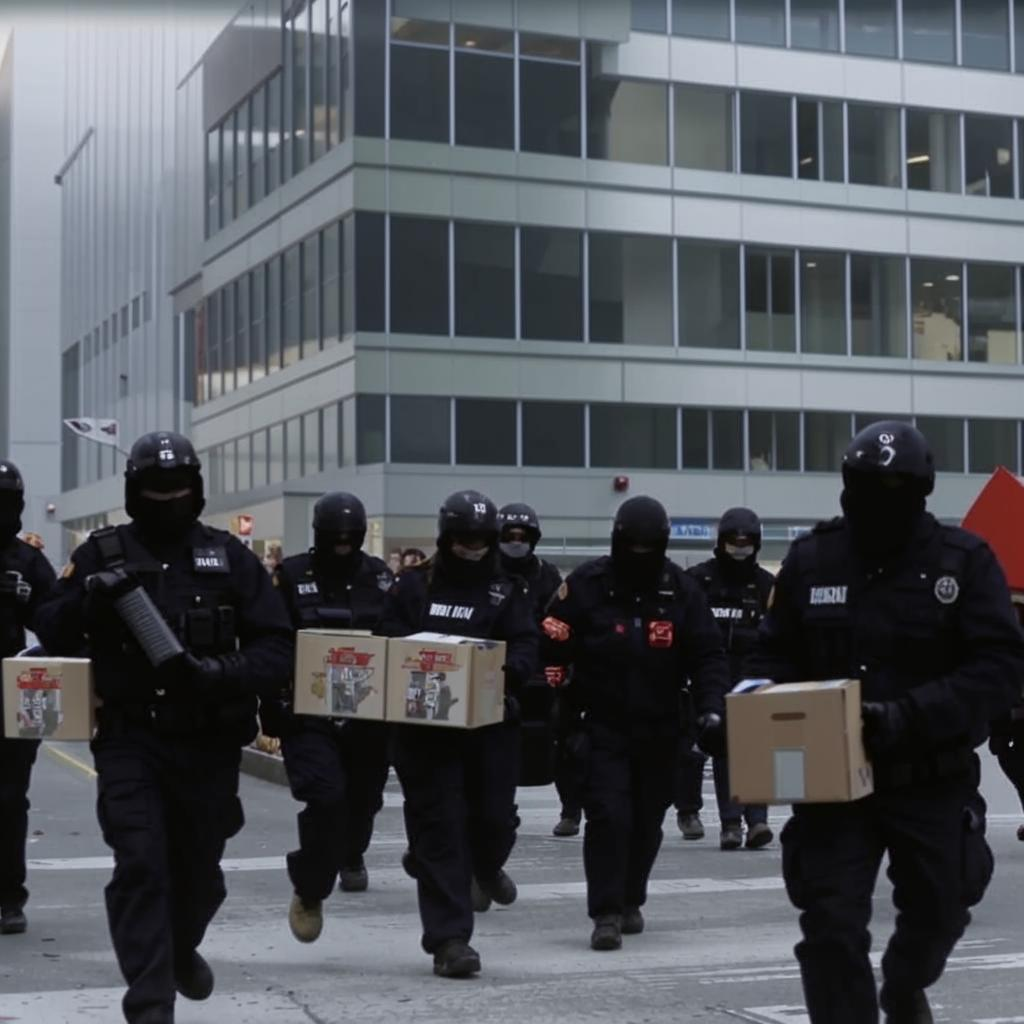Decentralized Autonomous Organizations (DAOs) are gaining traction as a revolutionary organizational model. Unlike traditional companies with hierarchical structures, DAOs operate on blockchain technology, enabling decentralized governance and autonomous operations through smart contracts. This new form of organization utilizes tokens to give community members voting rights on important decisions.
DAOs promise increased transparency and inclusivity. Because all transactions and governance rules are coded into the blockchain, anyone can verify them. This transparency fosters trust within the community. Voting rights are proportionate to the number of tokens held, empowering stakeholders to shape the DAO’s direction.
The applications of DAOs are diverse. From managing decentralized finance (DeFi) protocols to funding community projects and governing virtual worlds, DAOs are reshaping how people collaborate and make decisions. They are also being used to manage investment funds, where token holders collectively decide which projects to back.
While DAOs offer many advantages, they also face challenges. Regulatory uncertainty, security vulnerabilities in smart contracts, and governance complexities are among the hurdles hindering widespread adoption. The legal status of DAOs remains unclear in many jurisdictions, creating risks for participants. Ensuring the security of smart contracts is crucial to prevent exploits and hacks. Furthermore, designing effective governance mechanisms that balance inclusivity and efficiency can be difficult.
Despite these challenges, DAOs hold immense potential to transform organizations across various sectors. As the technology matures and regulatory frameworks evolve, DAOs are poised to become a dominant force in the future of work and governance. Their ability to foster transparency, inclusivity, and community-driven decision-making makes them an attractive alternative to traditional organizational structures. Finishtit
